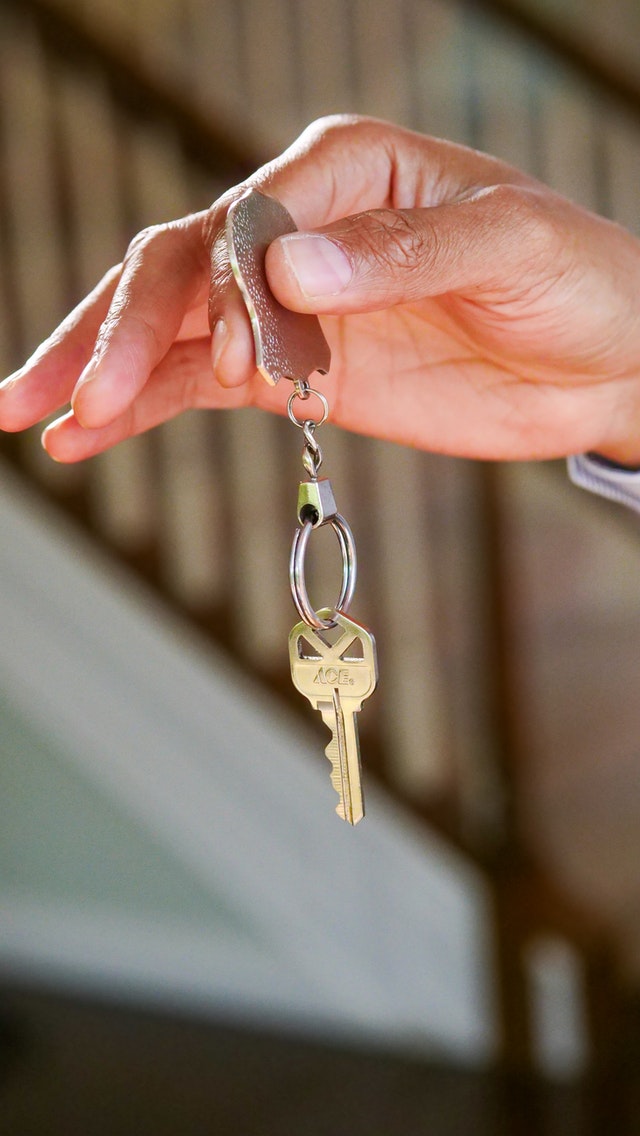As a landlord, you might believe that all maintenance concerns are your responsibility. While this is true, maintenance isn’t necessarily always your financial responsibility.
Sometimes your tenants’ treatment of your property warrants penalties. It’s your job to keep your properties in top condition, but your tenants also have a role to play. If they don’t follow through with the lease agreement or violate its terms, you have the right to enforce fees or other penalties.
You need your tenants’ cooperation. But which responsibilities can you delegate to your tenants? And what are your obligations when it comes to maintenance?
Here is a list of responsibilities for both landlords and tenants when it comes to maintenance.
Landlord Responsibilities
Health and Building Codes
As a landlord, you must follow all health and building codes. This is a broad requirement that covers a lot of health and safety laws. When you first acquire a building for your rental business, review the laws in your state closely.
For instance, it’s your job to make sure there are proper emergency exits, smoke alarms, and carbon monoxide alarms installed. It’s also your job to provide reasonable accommodations and make your properties accessible.
Keeping Units Habitable and Sanitary
Your rental units should be habitable and sanitary before your tenants move in. If you wouldn’t want to live in your unit, a tenant won’t either. Keeping your properties clean and livable is obligatory. This includes removing pests, an immediate concern as they make a unit highly unlivable in most cases.
Security
Security is also the landlord’s responsibility. You must install locks, regularly inspect them to check that they work properly, and make sure units are safe from intruders. Locks also give tenants reasonable privacy that you must respect, even during showings and inspections. Be sure to give tenants 24-hour’s notice if you plan to enter for any reason.
Heating and Air Conditioning
Keep heating and air conditioning systems in proper working order. You also need to attend to plumbing, electricity, and ventilating systems. These systems are your legal and financial responsibility to maintain, provided that your tenants didn’t cause any damage to them.
Hot/Cold Running Water
Every tenant has the right to hot and cold running water. It’s your responsibility to supply a reasonable amount of both for health, sanitary, and legal reasons.
Building Structure
Any components related to the building’s structure are inherently your responsibility. This includes the building’s walls, flooring, stairs, and roofs.
Common Areas
Common areas are your responsibility to clean and maintain regularly. However, tenants are also responsible for picking up trash and cleaning up their own messes.
Tenant Responsibilities
Trash Disposal
Tenants also hold some responsibility when it comes to maintaining your properties. It’s your tenants’ job to collect and properly dispose of trash they accumulate in their units. However, you must provide a safe and sanitary trash receptacle near your properties.
General Cleanliness
If you find that your tenant isn’t keeping their unit generally clean, you can enforce any penalties delineated in the lease agreement. Unreasonable dust and dirt build-up, moldy food, strong odors, or messes left to sit could permanently damage the unit and may be a health hazard.
Damage
Damage caused by your tenant, their guests, or their pets is their financial responsibility.
Rule-Breaking and Misuse of Property
If you discover that your tenants are breaking the rules laid out in the rental agreement, they are responsible for paying any fees or penalties. For instance, if smoking is forbidden in your properties and your tenant does so anyway, it may cause permanent stains or odors. The tenant is financially responsible for these damages.
Reporting Maintenance Concerns
Your tenants are also responsible for reporting any maintenance concerns they encounter. Noticing a concern and failing to report it may lead to further damage, in which case you can hold your tenant accountable for it.
Establishing set procedures for reporting maintenance concerns can help your tenants report problems more reliably. For instance, you can usually find a maintenance management tool on your property management software.
This tool allows tenants to submit maintenance tickets directly on the platform, complete with photos and videos of the problem. Requests are easy to submit, and you can track their progress as your maintenance staff or contractors work to eliminate the concern.
Delegating and Enforcing Rental Responsibility
Accepting financial responsibility for maintenance is one of your primary responsibilities as a landlord. However, that doesn’t mean you should pay for your tenant’s negligence. By using resources like property management software and carefully defining procedures for handling maintenance, you can hold your tenants accountable while maintaining trusting relationships with them.

Thomas Jackson is a dynamic and talented content writer at WonderWorldSpace.com, renowned for his engaging and informative articles. Beyond his professional pursuits in writing, Jack is also known for his deep passion for fitness, which not only shapes his lifestyle but also influences his work.


